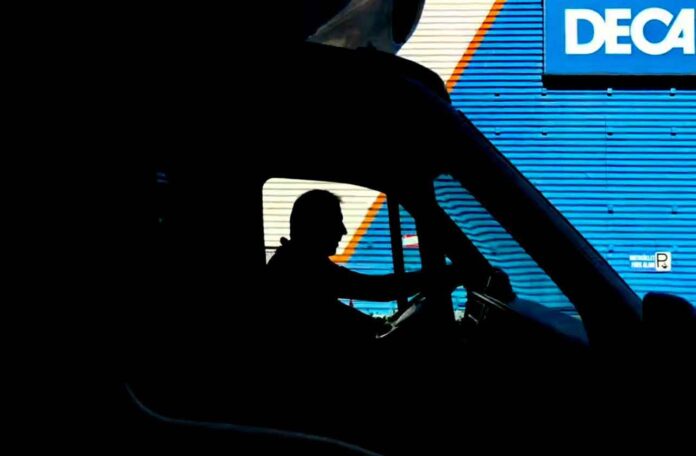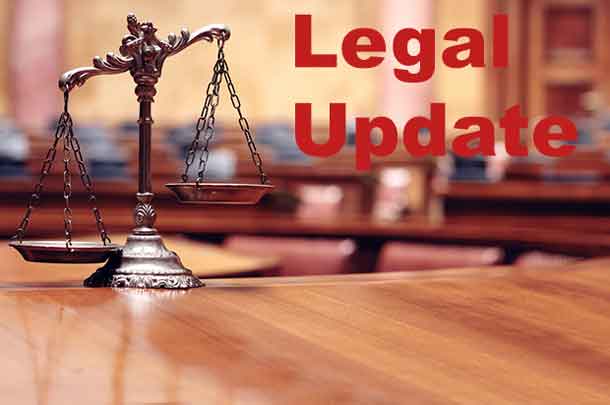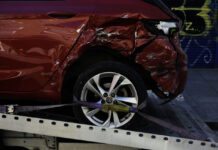When a massive truck crashes into a car, the damage can be devastating. Beyond the immediate concern of injuries and property damage, one big question looms: Who’s responsible—the driver or the trucking company? This distinction is crucial if you’ve been involved in a truck wreck. Understanding liability and obtaining legal help after a truck accident can determine how you pursue compensation for your medical bills, lost wages, and emotional trauma. Let’s dive into the key factors that help identify who’s at fault and what it means for your case.
Understanding Liability in Truck Accidents
Liability in a truck accident isn’t always black and white. While the truck driver may be behind the wheel, the trucking company could share—or even bear—most of the responsibility. To figure out who’s liable, it’s important to look at the circumstances of the crash, the relationship between the driver and the company, and compliance with trucking regulations.
When Is the Truck Driver Liable?
Truck drivers are responsible for operating their vehicles safely, just like any other motorist. If the driver acts negligently, they can be liable for the crash. Common examples of driver negligence include:
- Fatigue: Driving too long without rest, despite federal regulations that limit hours behind the wheel.
- Distracted Driving: Using a phone, eating, or doing anything that takes their focus off the road.
- Speeding or Reckless Driving: Operating the truck too fast for road conditions or breaking traffic laws.
- Driving Under the Influence: Consuming alcohol or drugs, including medications that impair judgment.
In these cases, the driver’s actions directly caused the accident, making them liable. However, the trucking company might not be off the hook just yet.
When Is the Trucking Company Liable?
Trucking companies have a legal duty to ensure that their drivers, vehicles, and practices comply with safety standards. They may be liable for accidents when they fail to uphold this duty. Here’s how:
1. Poor Hiring Practices
Did the company perform background checks on the driver? Did they verify the driver’s qualifications and driving record? If a trucking company hires someone with a history of reckless behavior or DUI convictions, they could be responsible for the crash.
2. Inadequate Training
Driving a commercial truck isn’t the same as driving a car—it requires specialized training. If the company fails to properly train the driver on safety protocols, it might be liable.
3. Vehicle Maintenance Neglect
Trucking companies are responsible for maintaining their fleet to ensure the vehicles are roadworthy. Faulty brakes, worn tires, or defective lights can all lead to accidents. If the company neglected maintenance, they could be held accountable.
4. Pushing Drivers Too Hard
Some companies pressure drivers to meet tight delivery schedules to maximize profits, even if it means violating hours-of-service regulations. This can lead to driver fatigue, a major cause of accidents.
5. Improper Cargo Loading
Trucks must be loaded carefully to ensure balance and safety. Overloaded or improperly secured cargo can cause rollovers or spills. If the trucking company mishandled the cargo, they may be at fault.
Shared Liability: When Both Are to Blame
In some cases, both the driver and the trucking company share responsibility. For example, a company may have ignored red flags about a driver’s behavior while the driver knowingly broke traffic laws. This is where legal expertise becomes essential, as determining the proportion of liability can significantly impact your compensation.
How Federal Regulations Come Into Play
Federal agencies like the Federal Motor Carrier Safety Administration (FMCSA) heavily regulate the trucking industry. These regulations cover everything from how long a driver can work without a break to vehicle inspection requirements.
Violations of these rules can be strong evidence of negligence. For instance:
- If a driver exceeds the hours-of-service limits, it suggests fatigue.
- If a company falsifies maintenance records, it points to neglect.
An experienced truck accident lawyer can help uncover these violations and build a strong case.
What Should You Do After a Truck Wreck?
If you’ve been involved in a truck accident, taking the right steps can protect your rights and strengthen your claim:
- Seek Medical Attention: Your health comes first. Even if injuries seem minor, get checked out.
- Document Everything: Take photos of the accident scene, vehicle damage, and any injuries.
- Gather Information: Get the truck driver’s name, company details, and insurance information.
- Speak to Witnesses: Their statements could be vital in proving liability.
- Contact an Attorney: Get legal help after a truck accident since these cases are complex and involve multiple parties. An experienced lawyer can navigate these intricacies and ensure you receive fair compensation.
Why You Need an Experienced Truck Accident Lawyer
Proving liability in a truck wreck isn’t as straightforward as in regular car accidents. Trucking companies often have powerful insurance providers and legal teams working to protect their interests. You need someone in your corner who knows the ins and outs of these cases.
A skilled truck accident lawyer can:
- Investigate the accident thoroughly.
- Gather evidence, such as driver logs, maintenance records, and black box data.
- Negotiate with insurance companies for fair compensation.
- Take your case to court if necessary.
Conclusion
When dealing with the aftermath of a truck accident, identifying whether the driver, the trucking company, or both are liable is key to getting the compensation you deserve. Negligence—whether behind the wheel or in the boardroom—can have devastating consequences, and those responsible should be held accountable. If you’re unsure about who’s at fault in your case, don’t go it alone. Contact an experienced truck accident attorney who can guide you through the process and fight for your rights. After all, justice is too important to leave in the rearview mirror.







